

Andrea Balducci is professor for applied electrochemistry at the Institute for Technical Chemistry and Environmental Chemistry of the Friedrich-Schiller University Jena, Germany. He obtained his PhD from the Paul Sabatier University of Toulouse (France) in 2006. He is working since more than 15 years on the development and characterization of novel electrolytes and active/inactive materials suitable for the realization of safe and high-performance electrical capacitors and batteries. He is author of ca. 190 peer-reviewed scientific papers. His group is currently involved in several European and German projects dedicated to energy storage devices.
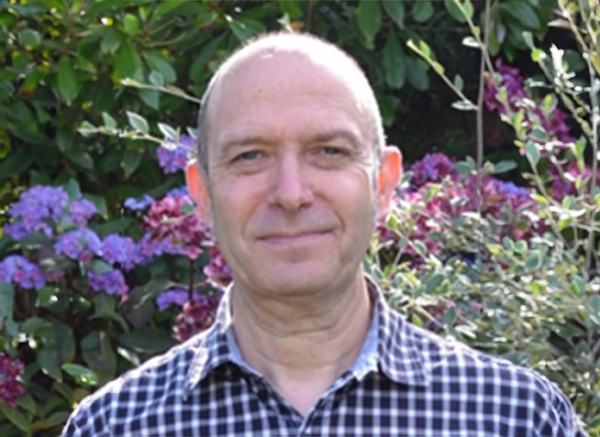
Thierry Brousse is a Distinguished Professor of Materials Chemistry at Polytech Nantes (Nantes Université, France) and a researcher at Institut des Matériaux de Nantes Jean Rouxel (IMN). He received his PhD in 1991 from ISMRa Caen. He started working on oxide-based electrodes for supercapacitors in 2001-2002 at Prof. Bélanger´s lab (UQAM, Canada), and since then he triggered different research topics on innovative electrodes and designs for high power energy storage devices. He organized the first ISEECap meeting in 2009 (International Symposium on Enhanced Electrochemical Capacitors) which is now taking place every two years in Europe. He has been appointed Fellow of the International Society of Electrochemistry in 2022.
Prof. Brousse was also the Vice-Dean of Nantes Université in charge of Innovation from 2013 to 2020, and he recently took the position of Director in charge of Research and International Partnerships at Polytech Nantes.

Elzbieta Frackowiak is a full professor at Poznan University of Technology (Institute of Chemistry and Technical Electrochemistry) in Poland.
Her research field is energy storage/conversion with special emphasis on electrochemical capacitors, lithium-ion batteries, fuel cells, redox flow batteries and hydrogen electrosorption in carbon materials. She is particularly interested in electrode materials from nanoporous carbons, carbon nanotubes, carbons enriched with heteroatoms (nitrogen, oxygen), graphene materials, conducting polymers, transition metal dichalcogenides and their composites. She is also focused on the redox active species in electrolytes and electrode materials.
In 1991 she spent 3 months in Duisburg University, Germany (DAAD stipend).
1994 – 2001 Professeur invité, Chargé de recherche associé, Directeur de recherche associé: Centre de Recherche sur la Matière Divisée, Université d’Orléans, France (total 48 months).
2001 – 2004 Qualification as Professor of University by Conseil National des Universités-France (Section 33, Materials Chemistry) no. 01133116027.
From 2009 to 2014, she was a Chair of the Division 3 „Electrochemical Energy Conversion and Storage” of ISE. She serves as Advisory Board Member in Energy & Environmental Science. She was a Carbon editor and now being an Honorary Member of Advisory Board. In 2011, she was awarded the Prize of the Foundation for Polish Science and Officer’s Cross of Polonia Restituta Order. She is also member of the Polish Academy of Sciences (vice-president 2015-2018), Fellow of Royal Society of Chemistry, Member of Academia Europaea, ISE Fellow.
Frackowiak is author of ca. 200 peer-reviewed papers, 24 book chapters and 50 patents. She is also a co-editor of 2 books. The citation number of her papers exceeds 26 000, H=66. In the ranking of Stanford University, Elsevier, SciTech Strategies she belongs to the Top 2% world scientists. Some papers are evaluated as top 1%.
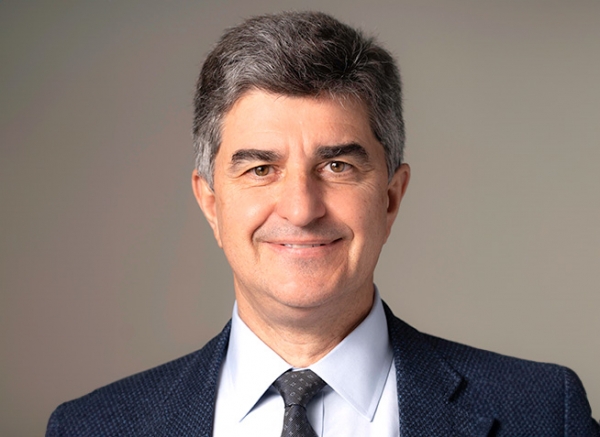
Yury Gogotsi is a Distinguished University Professor and Charles T. and Ruth M. Bach Endowed Chair in the Department of Materials Science and Engineering at Drexel University (Philadelphia, USA). He also serves as Director of the A.J. Drexel Nanomaterials Institute. He received his MS (1984) and PhD (1986) from Kyiv Polytechnic and a DSc degree from the National Academy of Sciences of Ukraine in 1995. Together with his students and colleagues, he made principal contributions to the development of materials for electrochemical capacitors and other energy storage devices, discovered MXenes, demonstrated the tuning of structure and porosity of carbide-derived carbons, and developed new processes for the synthesis, surface modification, and purification of nanotubes and nanodiamonds. He also published the first microscopic observation of water inside carbon nanotubes, discovered polygonal nanotubes (graphite polyhedral crystals), and shaped the field of high-pressure surface science. He is recognized as a Highly Cited Researcher in Materials Science and Chemistry and a Citations Laureate by Clarivate Analytics (Web of Science). He has received numerous awards for his research, including the Ceramic Prize from the World Academy of Ceramics, the Materials Research Society (MRS) Medal, the American Chemical Society (ACS) Award in the Chemistry of Materials, etc. He has been elected a Fellow of the National Academy of Inventors, the World Academy of Ceramics, the European Academy of Sciences, and many professional societies. He holds honorary doctorates from several European Universities.
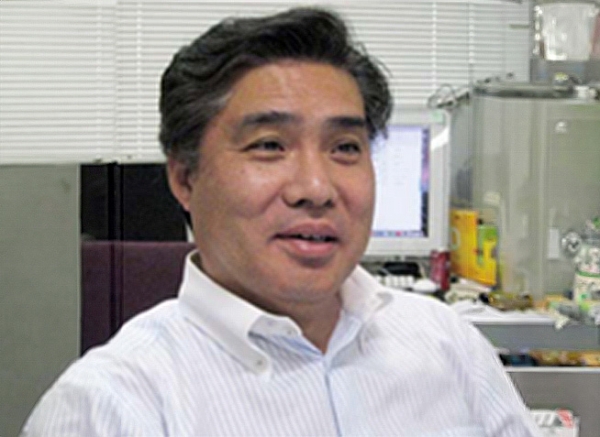
Katsuhiko NAOI, an Emeritus Professor at Tokyo University of Agriculture and Technology (TUAT), stands as a distinguished authority in the realm of energy & electrochemistry. Boasting a PhD from WASEDA University, a post-doctoral stint at the University of Minnesota, and valuable industry experience at BASF in Germany, his illustrious career has solidified his position as a global leader in the field. Since joining TUAT in 1990, Professor NAOI has been instrumental in shaping the landscape of energy research. Notably, in 2012, he established the world´s pioneering strategic center for "Supercapacitor," showcasing his commitment to advancing the frontiers of knowledge. His visionary leadership has fostered innovation and collaboration within the supercapacitor domain and beyond.
Professor NAOI´s significant contributions extend to national projects, particularly in spearheading Zero Emission initiatives. His groundbreaking demonstration test of solar power generation using "NanoHybrid" capacitors has successfully surmounted the limitations of conventional solar power systems. The center under his guidance has developed an innovative "All Weather, All Season, All Location" system, seamlessly integrating solar cells, supercapacitors, and lithium-ion batteries. This groundbreaking system effectively stores and utilizes previously underutilized weak photovoltaic power.
The pinnacle of Professor NAOI´s academic journey includes his appointment as Vice President of TUAT from 2021 to 2023. This prestigious role underscores not only his exceptional leadership skills but also his unwavering dedication to academic excellence. Professor NAOI continues to leave an indelible mark on the world of energy electrochemistry, driving advancements that have far-reaching implications for sustainable energy solutions.
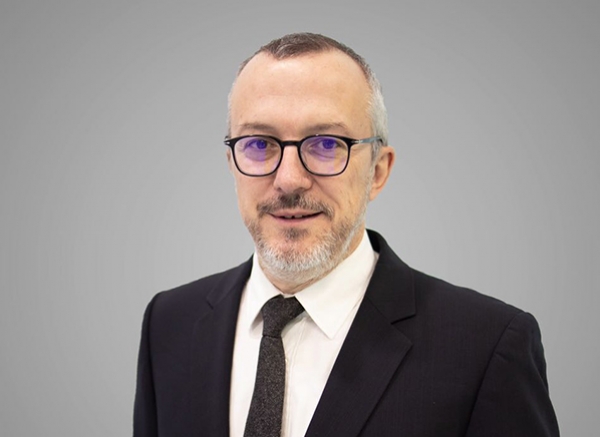
Patrice Simon is Distinguished Professor of Material Science at Université Toulouse III - Paul Sabatier.
He has served as director of the Alistore European Research Institute (www.alistore.eu) dedicated to Li-ion battery research (2008-2018).
He is currently leading, on behalf of the French National Centre for Scientific Research (CNRS), the National Strategy of Acceleration on Batteries (PEPR Batteries), a national program launched in January 2023. He is also Deputy Director of the French network on Electrochemical Energy Storage (RS2E, www.energie-rs2e.com) since its creation in 2011, that gathers together about 20 Labs and 15 companies working on batteries and supercapacitors.
His research activities focus on the fundamental understanding of electrochemical processes occurring at the material / electrolyte interfaces in electrodes for electrochemical energy storage devices (batteries and electrochemical capacitors). He published about 270 papers (>70,000 citations), more than 10 book chapters and gave about 100 invited conferences.
He received several awards for his scientific contribution including Grants from the European Research Council (2012, 2020), the RSC Horizon Prize (2021), the Conway Prize in Electrochemistry from ISE (2018), the International RussNanoprize (2015), the Silver Medal from the CNRS (2015). He is Fellow of the International Society of Electrochemistry (2017), Honorary Professor at Sichuan University (2019), Honorary Professor at Beijing University of Chemical Technology (2019), visiting Professor at Tokyo University of Technology since 2015 one month a year (interrupted by Covid). He is Highly Cited Researcher since 2016 (Clarivate Analytics).
Patrice Simon is member of the French Academy of Sciences (2019) and French Academy of Technology (2018), the European Academy of Sciences (2019), and former member of the Institut Universitaire de France Junior (2007) and Senior (2017).

Francesca Soavi (female, 0000-0003-3415-6938) is Associate Professor in Inorganic Chemistry at the Department of Chemistry “Giacomo Ciamician” of the University of Bologna, Italy. She received her PhD in Chemical Sciences in 2002 from Bologna University and has continuously carried out research activities focused on the electrochemistry, chemical physical characterization and synthesis of materials for diversed energy storage and/or conversions systems, from supercapacitors to Li-ion batteries, Li/O2 batteries, redox flow batteries, inorganic and microbial fuel cells, as well as for micro-electrochemical devices like ion-gated transistors. She is leading leading ENERCube, a new laboratory dedicated to knowledge transfer actions in energetics at the Interdipartimental Center for Industrial Research (CIRI FRAME). She is Secretary General of The International Society of Electrochemistry. She co-authored more than 140 peer reviewd papers (H-index 42, > 6000 citations)
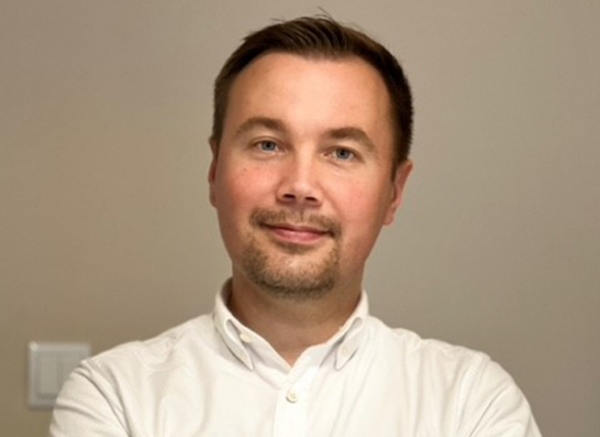
Krzysztof Fic graduated in Chemical Process Engineering at the Faculty of Chemical Technology, Poznan University of Technology, in June 2008; at the same time, he was accepted for the research assistant position in the Department of Applied Electrochemistry and he works there until now. In 2012 he defended his PhD thesis (supervisor: prof. Elzbieta Frackowiak) and in 2020 he was awarded with habilitation degree – both in chemical sciences discipline.
His research activities focus mainly on the electrochemical systems for the energy conversion and storage; in particular, he is interested in phenomena occurring at the porous electrode/electrolyte interface in so-called operando approach. Besides, he investigates the electrochemical activity of selected redox couples and their application as a novel source of pseudocapacitance of carbon-based electrochemical capacitors.
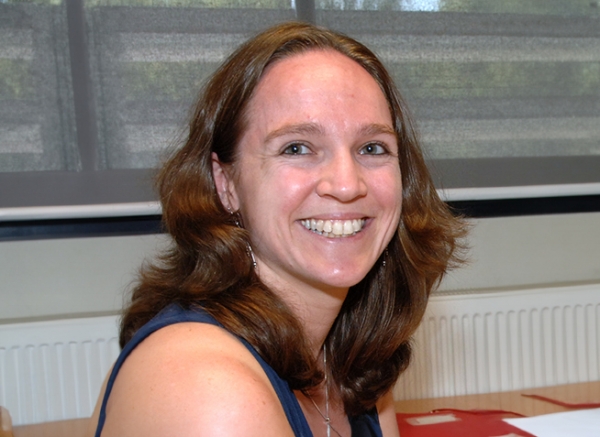
Céline Merlet is a CNRS researcher at Université Paul Sabatier in Toulouse. She received her PhD degree in 2013 from Université Pierre et Marie Curie in Paris where she had worked on molecular simulations of carbon-carbon supercapacitors. She then joined the University of Cambridge as a postdoctoral researcher working on simulating NMR spectra and diffusion of ions in energy storage materials such as porous carbons and lithium manganese oxides. Since 2017, she has been working at the CIRIMAT laboratory on the development and application of multi-scale models for a better understanding and performance prediction of electrochemical energy storage systems. In 2018, she received the Prix Louis Armand in Chemistry, a prize awarded by the French “Académie des Sciences”, and in 2021, she received the Bronze medal of the CNRS, the PRACE Ada Lovelace Award and the Special prize Joseph Fourier 2021 as a member of the team developing the Metalwalls software.

Christophe Lethien is a full-professor at Polytech Lille (School of engineering from Lille University) and a researcher at Institute of Electronics, Microelectronics and Nanotechnologies (IEMN). He received his PhD in 2004 in the field of optoelectronics and started to work on electrochemical devices in 2008 when he was hired at IEMN as an associated professor. Since 2008, his research activities are dedicated to solid-state Li-ion micro-batteries, metal / insulator / metal microcapacitors, micro-supercapacitors based on thin film electrodes and, since 2018, to the fundamental understanding at the electrodes/electrolyte interface using in situ and operando techniques applied on thin film electrodes.
He has held the Institut Universitaire de France (IUF) Chair in Innovation since 2021, and in 2022 was awarded the Grand-Prix de l´électronique du Général Ferrié by the SEE (Electricity and Electronic Society).
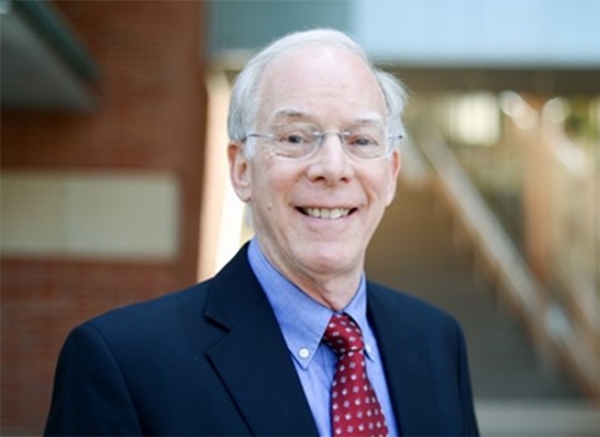
Bruce Dunn is the Nippon Sheet Glass Professor of Materials Science and Engineering at UCLA. His research interests concern the synthesis of inorganic and organic/inorganic materials, and the characterization of their electrical, optical, biological and electrochemical properties. His recent work on electrochemical energy storage includes three-dimensional batteries and pseudocapacitive materials. Among the honors he has received are a Fulbright research fellowship, the Orton Lectureship from the American Ceramic Society, named to the Web of Science list of Highly Cited Researchers, awards from the Department of Energy for outstanding research in materials science, and invited professorships in France, Japan and Singapore. He is a Fellow of the American Ceramic Society, the Materials Research Society and a member of the World Academy of Ceramics. In addition to serving on the Board of Reviewing Editors at Science, he is a member of the editorial boards of Advanced Energy Materials, Energy Storage Materials, Solid State Ionics, Advanced Electronic Materials, and Journal of the American Ceramic Society.
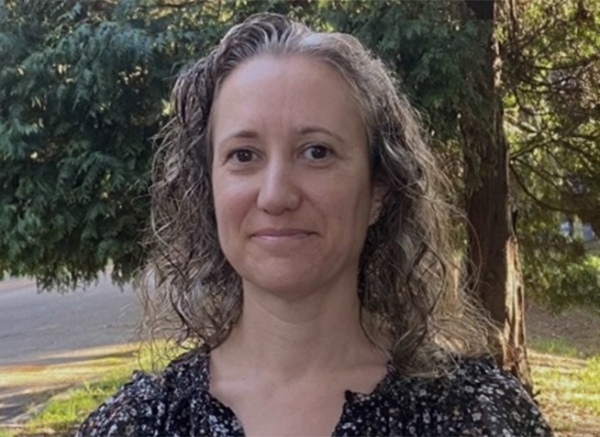
Marta Sevilla is a Scientific Investigator at the Institute of Carbon Science and Technology, which belongs to the Spanish National Research Council (CSIC). She obtained her PhD degree from the University of Oviedo/INCAR in 2008 working on the development of novel carbon materials for energy storage (supercapacitors) and energy conversion (electrocatalysts for the anode of fuel cells). After several research stays in the University of Nottingham, Max-Planck Institute of Colloids and Interfaces, and Georgia Institute of Technology, she got a permanent position at INCAR-CSIC.
Since 2012 se has focused her research on the development of advanced carbon materials through sustainable routes for their use in energy storage devices, including supercapacitors, Li-S batteries and hybrid ion capacitors, energy conversion (ORR electrocatalysts) and gas storage (CO2 and H2). She has co-authored ca. 130 peer-reviewed papers.
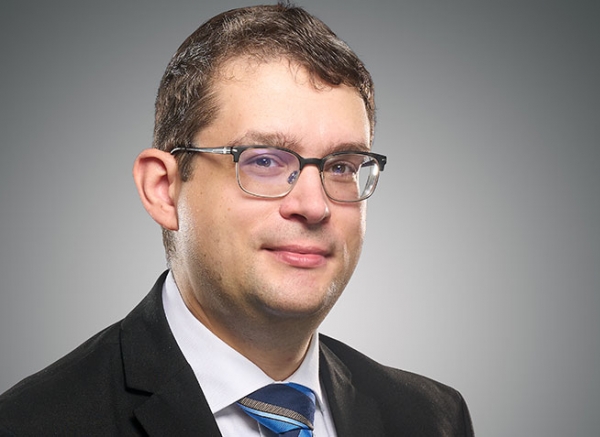
Dr. Volker Presser has been a full professor at Saarland University and Research Department Leader at the INM – Leibniz Institute for New Materials (both in Saarbrücken, Germany) since 2015. He received his doctorate with distinction in Applied Mineralogy from the Eberhard-Karls University (Tübingen, Germany) in 2009. From 2010 to 2012, he was a Humboldt Fellow and Research Assistant Professor at Drexel University (Philadelphia, USA), working in the Nanomaterials Group of Yury Gogotsi. Having received an Early Career Grant from the Germany Ministry of Research and Education, he returned to Germany in 2012 to work at the INM. In 2013, he became an Assistant Professor at Saarland University at the Department of Materials Science & Engineering; he was promoted to full, tenured Professor at Saarland University and Program Division Leader at INM in 2015. Since 2021, he has been Managing Co-Director of the Saarland Center for Energy Materials and Sustainability (Saarene). Also, since 2021, he as been Editor-in-Chief of the Open Access Journal Energy Advances (Royal Society of Chemistry).
As Chair of Energy Materials, Dr. Presser and his team explore electrochemical materials and processes for energy storage, water remediation, energy harvesting, and ion separation. His current works include sustainable energy materials, novel 2D and hybrid materials, Lithium-extraction, and battery recycling. His work has received several awards and recognitions, such as the Bayer Early Career Award (2013), the Heinz Maier Leibnitz Prize (Germany Research Foundation, 2013), and the Award for Research Cooperation and High Excellence in Science (Minerva Foundation, 2017). He became a Fellow of the Royal Society of Chemistry in 2020.

He received his bachelor and Ph.D. degrees from the Department of Chemical Engineering in National Cheng Kung University, Taiwan, in 1991 and 1995, respectively. After two-year national service, he got an offer from National Chung Cheng University as an assistant professor in1997 (becoming associate professor in 2000 and full professor in 2003). He joined National Tsing Hua University in 2007 and is presently working as a Chair Professor in the Department of Chemical Engineering. He has published more than 330 SCI publications and received numerous awards (e.g., Thomson Scientific Citation Laureate Award, ISE Tajima Prize, SCEJ Award for Outstanding Asian Researcher and Engineer, and Outstanding Scholar from National Science Council, Taiwan, etc.). He is also a Fellow of Royal Society of Chemistry.
He concurrently serves as an editorial board member in Journal of the Taiwanese Institute of Chemical Engineers (indexed by SCI) and an editorial advisory board member in the Journal of Power Sources. He served as Vice Chair in Division 4 of ISE and Committee member in the ECS Individual Membership Committee before. Now, he is the President of the Electrochemical Society of Taiwan and the Regional Representatives of Taiwan in ISE and ECS.
His current research interests include design and tailoring of functional materials for the applications of supercapacitors, Li/Na-based batteries, rechargeable metal-air batteries, electrochemical deionization of brackish water and sea water, and electrochemical separation/ion-recycling. He also focuses on the microstructure (e.g., nanotwin structure) control and corresponding mechanisms of Cu electroplating for energy storage (LIBs and LMBs), electronics, and semiconductor applications. He also employs the Design of Experiments to find and optimize the key factors in the electrochemical/chemical processes.
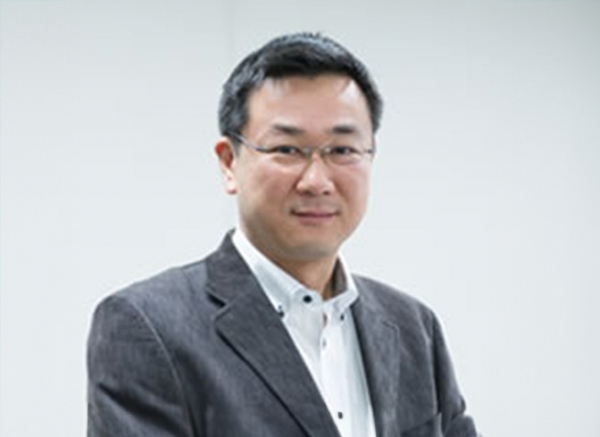
Wataru Sugimoto is Distinguished Professor of Shinshu University, Japan and is presently Deputy Director of The Research Initiative for Supra-Materials (RISM) and the Materials Chemistry Professor of Faculty of Textile Science and Technology (FTST). He began his academic career as Assistant Professor at Shinshu University immediately after receiving his PhD in Inorganic Materials Chemistry in 1999 from Waseda University. Prof. Sugimoto has 24 years of experience in energy storage (supercapacitors, battery-supercapacitor hybrids) and energy conversion (Pt and non-Pt based catalysts for fuel cells and electrolyzers) with special emphasis on two dimensional nanosheets. He has been an active member of ISE since 2001 and served as vice chair for Division 3 (2021-2022). He has contributed to the organization of numerous international conferences including ISE annual and topical meetings, ECS meetings, PRiME, ACEPS, ISEECap, ICAC, and more. Prof. Sugimoto has published approximately 150 papers in respected journals (10 in the society journal Electrochimica Acta) and received the 2023 Commendation for Science and Technology by the Minister of MEXT Japan, the 2005 Oronzio De Nora Foundation Prize of ISE on Electrochemical Energy Conversion, etc. Other than ISE, he has experience in academic society leadership such as Individual Membership Committee for ECS (2013-2016), Executive Director for The Electrochemical Society of Japan (2021-2024). Wataru has also been on the Editorial board for the journals Electrocatalysis (Springer Nature), Chemistry Letters (CSJ), and Electrochemistry (ECSJ).

If you want to know the latest trends in energy storage and new developments in research, subscribe.

If you want to join a top-level team, collaborate with specialists in multiple disciplines or tell us about your concerns, don't think twice...